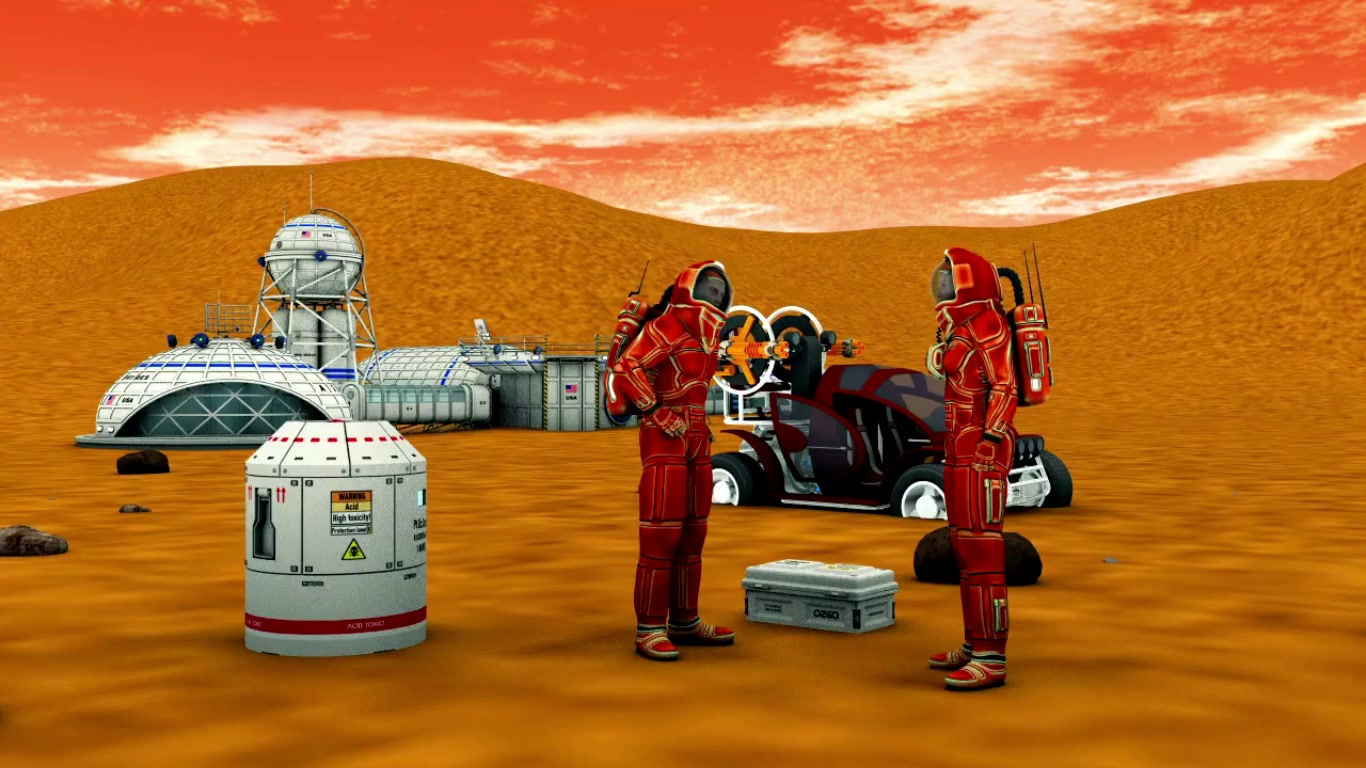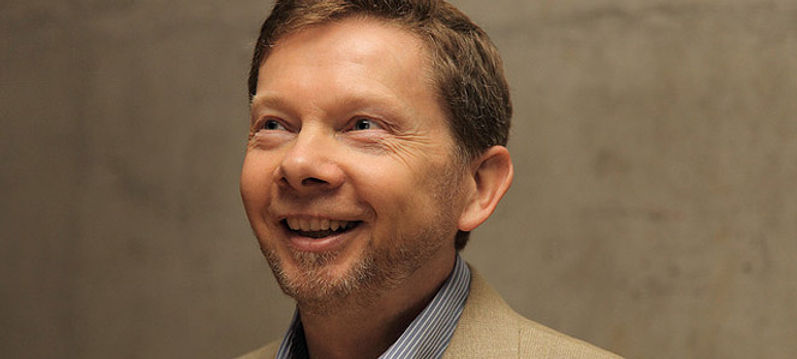

WHO am I? Take 1: Eckart Tolle and the Power of Now
THEORY:
OK, so assuming we do, in fact exist, the question still arises: WHO (or what) are we?
In fact, 0ne could make the case that the most important commandment in philosophy is "KNOW THYSELF!"
It's a strange commandment. Why command me to do something I've already done -- I mean, how could I possibley not have already gotten to know myself? Like I get the commandment "Go get to know Amy, she's really cool!" (assuming I don't already know Amy). But how could I not know who I am? And yet, sooo many philosophers, in sooo many ways, shapes and sizes, have repeadetly made the case that we are not who, or what, we think we are.
Four questions need to be addressed by any philosophy making that case:
1) Who do I (mistakenly) think I am?
2) Who, in fact, am I?
3) How did I come to be wrong about myself?
4) How do I get to know who I really am?
So far, we saw Descartes conclude that we exist because we think. Of course this only tells us that our minds exist, not our bodies. In a sense, he is continuing a long tradition which sees our minds, our thinking, as the essence of who we are. In that tradition, the answer to question 1 (who do we mistakenly think we are?) is: our bodies; the answer to question 2 (who are we?) is: our minds. The reason we think we're our bodies is, well, it looks (to our bodily eyes!) like we are; and they vary on their answer to question 4 (how do we find our who we really are), but given their prioritizing of thinking, that answer will inevitably rely on some kind of rational, logical, thought process. We are thinking things (res cogitans). Descartes has good company for this perspective in the broader history of western philosophy and culture.
On the contrary, Tolle comes out of an Indian philosophical tradition wherein we are definitively not our minds, in which our thoughts do not in fact define our deepest most essential nature.
In fact, from Tolle's perspective, identifying with the mind is the source of a tremendous amount of suffering in the world. In this view, we are neither thought nor our bodies, but rather pure awareness -- the witness, what the classic Indian Vedanta tradition knew as Atman. Question 1 (who do I think I am?) is answered: our bodies or our minds; Question 2 (who am I?): Pure awareness, the witness; Question 3: Why am I mistaken? is answered in different ways in different Indian philosophical traditions; Question 4: How do I come to know myself as who I really am is answered with some form of yoga, which the Indian philosopher Patanjali defines as "the quietting of the wild fluctuations of the mind." (yoga chitta vritti nirodha).
Tolle, one of the most important voices for this tradition, at least in the western world, frames the issues in temporal terms: the mind distracts us from who are really are by distracting us from the now -- it fantasizes about and plans for the future and reminisces about the past. It compares what is to what ought to be. And in so doing we lose touch with the present moment (and does anything really exist outside of the present moment? The future doesn't exist (yet), and the past doesn't exist (anymore). In the present moment, for Tolle, we can actually come into contact with the event of our pure awareness. So: who we think we are is our thoughts; who we really are is pure present moment awareness; the reason we are mistaken is because the mind distracts us from the present moment; and the way we can get in touch with our true selves is by "returning" to the present moment.
